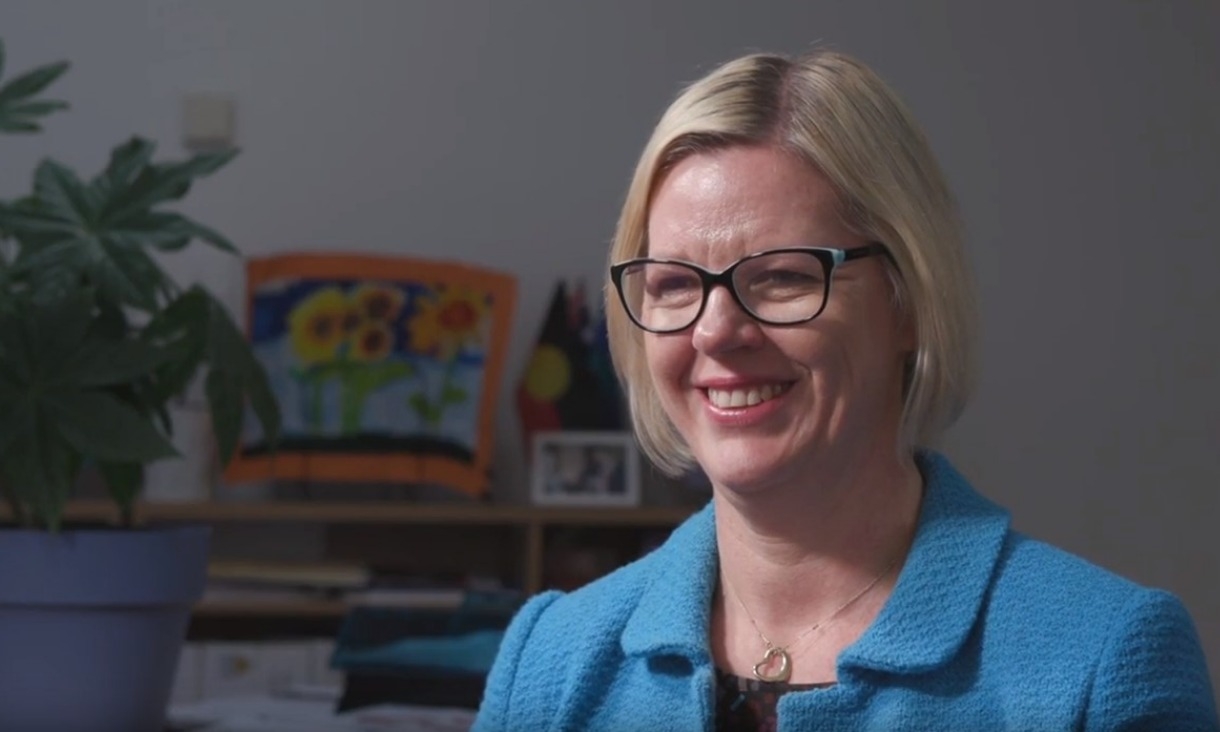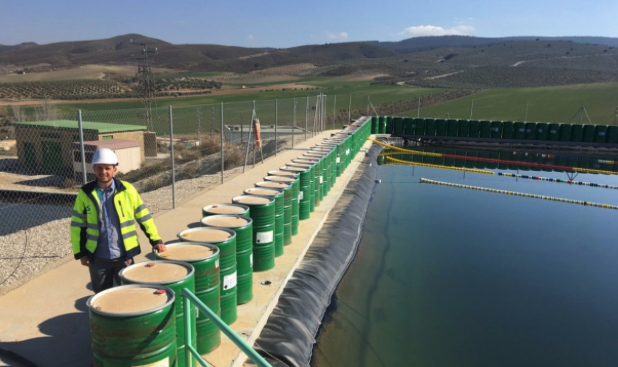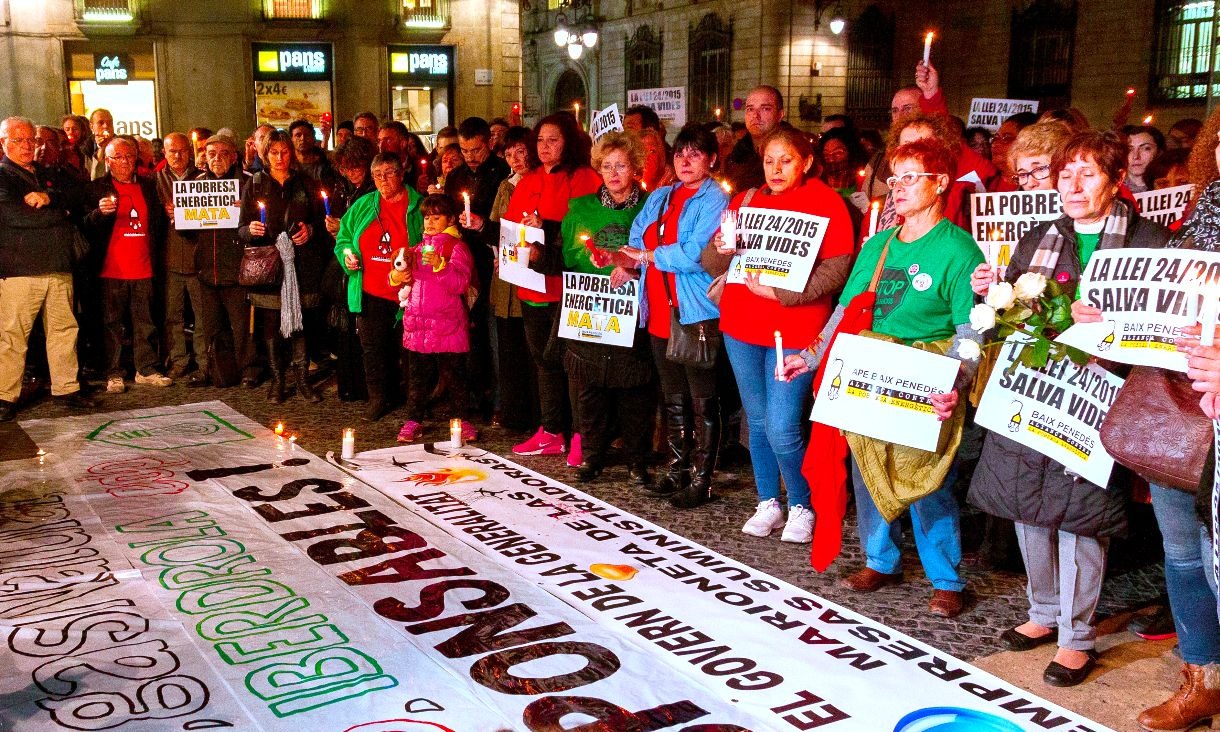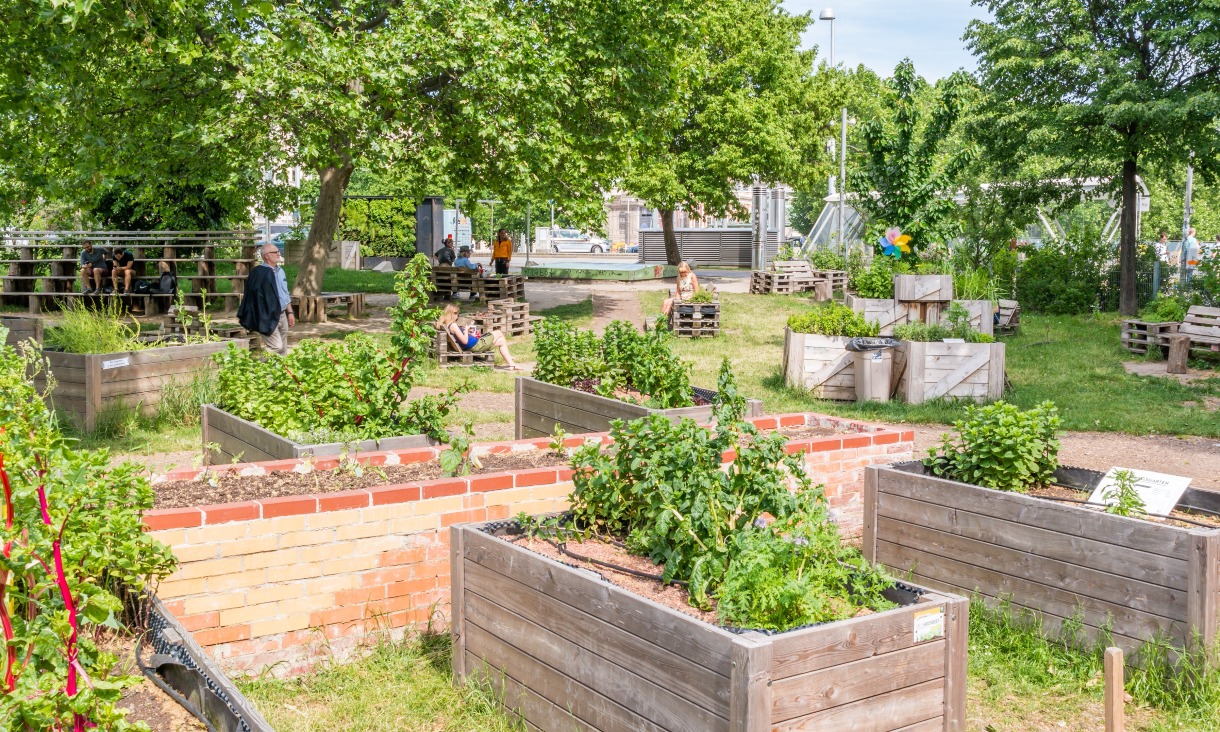In the latest RMITin3, Future Social Service Institute (FSSI) Director David Hayward spoke with Victorian Council of Social Service (VCOSS) CEO Emma King about the future of work and everything in between.
The community and social service sector is a booming industry, seeing rapid growth in the areas of disability, aged care, child care and family violence.
King said a highly skilled workforce was vital for the sector’s future success, creating quality options and delivering the best possible outcomes for peoples’ lives.
“At the moment we know that with the NDIS [National Disability Insurance Scheme], everyone theoretically has choice and control but if you’re living in an area where there genuinely aren’t a lot of providers, in some cases your only provider may be the local hospital,” she said.
“I think we are at a really pivotal space in the NDIS and in the disability space, where we really need to make sure that the outcomes that are there for people, are the best possible outcomes.
“The NDIS is based around an ordinary life, I just think we can do a bit better than that.”
In welcome news last month, Minister for Training and Skills Gayle Tierney announced a $1 million NDIS Future Workforce Capability Project for a series of training products to be developed at RMIT.
The funding will be used by FSSI and VCOSS to design and deliver new disability-focused training for those looking to work in the growing disability sector.
The project was funded under the Victorian Government’s Skills First initiative to offer real training for real jobs, and was designed to provide high quality training and other curriculum products needed to ensure disability workers were ready for work.
With a workforce growth rate much higher than any other sector, King said that if she was heading into the industry as a graduate today, she would know she was entering into a job for life.
“It’s about people…it’s not a field that can be replaced with robots,” she said.
King also highlighted the sector’s strong values and ethics base.
“It’s about making sure that all members of our community can have a good life and that’s really exciting, so I couldn’t see why you wouldn’t want to choose this field.”
King acknowledged that the enormous growth of health services and social services was largely unknown by those who were making future career choices.
Primarily driven by the NDIS rollout, a rapidly ageing population and an increased response to family violence, 1.5 million jobs – nearly 13 per cent of all jobs – were now in the health and social services sector, with predicted growth of a further 19 per cent – or one in four new jobs – by 2022.
But without better training, pay and conditions, it is believed that Australia would struggle to fill the growing number of jobs and would fail to provide workers with the appropriate level of training to meet growing societal needs.
Recognising future workforce gaps, Hayward said that FSSI was created in partnership with VCOSS to support the sector’s growth in a way that produced the best, most highly-skilled workers and services possible.
The Future Social Service Institute brings together RMIT researchers, teachers, students, social service workers and VCOSS with the people who use their services, to co-design a quality curriculum, deliver leading courses and conduct inclusive research.
Story: Karen Phelan and Shelley Brady





